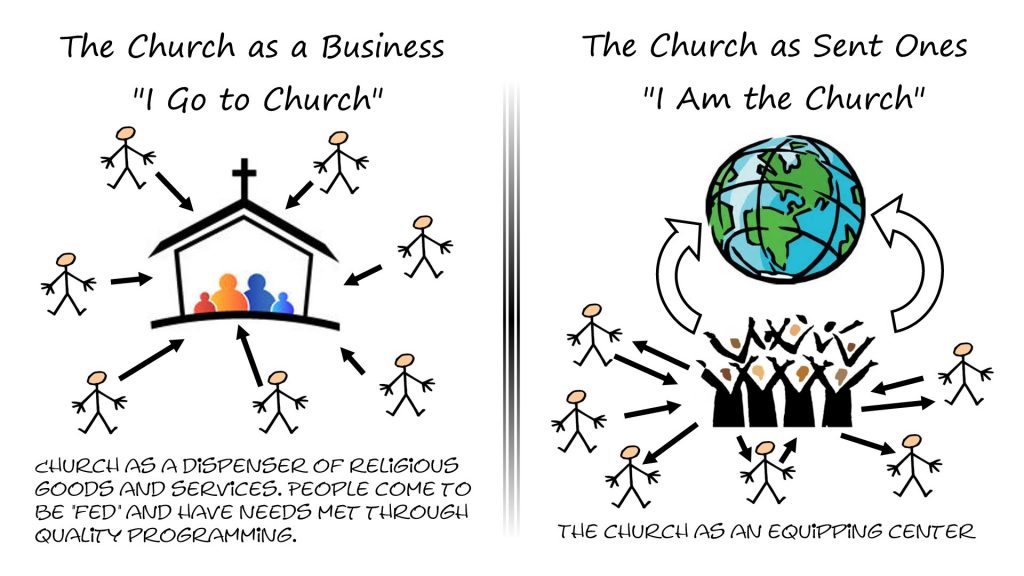Virginia Tech is having freshman orientation this week and I have a friend’s son headed off to Tech this fall. It got me thinking about my own college days and the things that became important. While social networking is much different today, students will still seek out various organizations like fraternities or clubs on campus.
As a Christian student I became involved in Baptist Student Union, an organization that meets many needs of students away at college (fellowship, belonging, spiritual growth, community service, missionary efforts). A lot of students chose to make the BSU their church, choosing instead to sleep in on Sundays, but they missed out on many of the blessings they could have received by participating in a local church.
Besides the church being the only institution on earth that Jesus promised to build and to bless, here are a few great benefits of students getting out of the college bubble and participating in a local church:
- Steady spiritual growth
- Hear messages from God’s Word
- Exposure to older, wiser believers
- Exposure to career role models
- Exposure to marriage role models
- Exposure to parenting role models
- Opportunities for service using your spiritual gifts
- A chance to impact younger kids
- Participation in church ordinances
- Intergenerational worship and fellowship
- Doctrinal and moral accountability
- A safety net when times get tough
- A home/family away from your home/family
- Possible free meals from people who recognize you as a member of the family!
“The age-old question about joining a local church always comes up, “Why join the church if I know I’ll be gone during the summer and graduating in four years?” Membership has its privileges! When you are a part of the body of believers, it shows your commitment to the local church, and it allows the local church to be committed to you. If not membership, consider what is called “Watch Care.” It usually has all the benefits of membership without being allowed to vote in meetings! It still says that you are committing yourself, your gifts and your abilities into this particular congregation.
“The church is not a department store where you come and get the spiritual commodity you want, then go your way. To speak of loving Christ, while neglecting his body, the church, is hypocritical” – Donald Whitney
Remember that in your new freedom from your parents’ control, do the right thing and CHOOSE CHURCH!
[print_link] [email_link]
